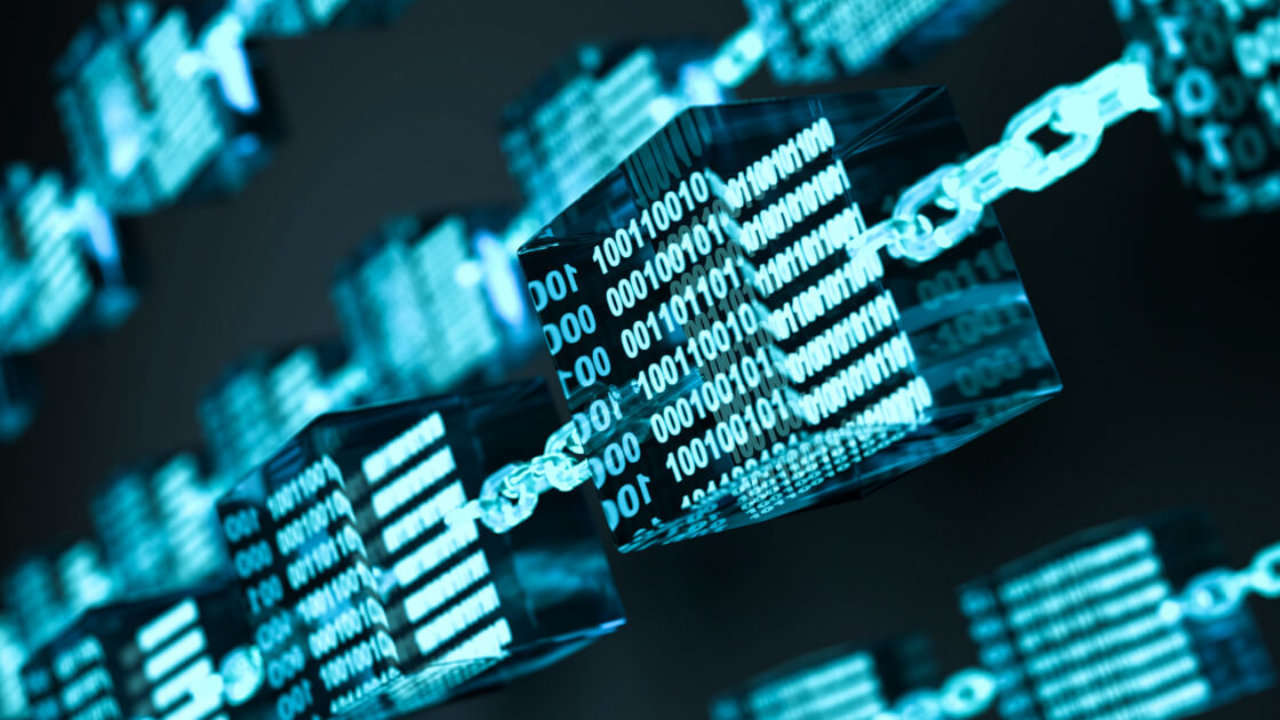Blockchain technology, introduced with Bitcoin, has transcended its origins and expanded into a realm of diverse applications and decentralized solutions. Decentralized applications, commonly known as DApps, leverage the principles of blockchain to introduce transparency, security, and immutability across various industries.
In this comprehensive guide, we’ll delve into the myriad types of blockchain applications and explore the fascinating world of DApps.
Financial Services and Cryptocurrencies
1. Cryptocurrency Exchanges: Cryptocurrency exchanges, such as Binance, Coinbase, and Kraken, utilize blockchain to facilitate the trading of digital assets. These platforms allow users to buy, sell, and trade a wide range of cryptocurrencies in a secure and transparent manner.
2. Wallets: Blockchain-based wallets, like Ledger and MyEtherWallet, provide users with a secure place to store and manage their digital assets. These wallets use cryptographic keys to ensure ownership and allow users to send or receive various cryptocurrencies.
3. Remittances: Blockchain is disrupting the traditional remittance industry by offering faster, more cost-effective cross-border transactions. Platforms like Ripple aim to streamline international money transfers, reducing fees and processing times.
Supply Chain and Logistics
1. Provenance Tracking: Blockchain is employed to enhance transparency in supply chains by providing a tamper-proof record of a product’s journey from manufacturing to delivery. Companies like IBM’s Food Trust and VeChain focus on provenance tracking in the food and luxury goods industries.
2. Smart Contracts in Logistics: Smart contracts, self-executing contracts with the terms directly written into code, streamline logistics processes. They automatically trigger actions when predefined conditions are met, optimizing efficiency and reducing the risk of errors.
Real Estate
1. Tokenization of Assets: Blockchain facilitates the tokenization of real estate assets, allowing them to be divided into digital tokens. This fractional ownership model enables more accessible and liquid real estate investments. Projects like Propy and RealT are exploring this space.
2. Transparent Property Records: Blockchain can be used to maintain transparent and immutable property records. This helps eliminate fraud, streamline transactions, and provide a trustworthy record of ownership history.
Healthcare
1. Patient Data Management: Blockchain ensures the security and privacy of patient data by allowing for a decentralized and immutable record. This can streamline data sharing among healthcare providers while maintaining compliance with privacy regulations.
2. Drug Traceability: Blockchain technology is utilized to trace the production, distribution, and sale of pharmaceuticals. This not only helps combat counterfeit drugs but also ensures the authenticity and safety of medications.
Gaming and Entertainment
1. In-Game Assets: Blockchain is transforming the gaming industry by enabling true ownership of in-game assets. Games like Decentraland and Axie Infinity utilize blockchain to create digital assets that players can buy, sell, and trade.
2. Digital Collectibles: Non-fungible tokens (NFTs), representing unique digital assets, have gained immense popularity in the art and entertainment sectors. Platforms like OpenSea and Rarible enable the creation and trading of NFTs.
Identity Management
3. Self-Sovereign Identity: Blockchain provides a foundation for self-sovereign identity solutions, allowing individuals to have control over their personal information. This decentralized identity model can enhance privacy and reduce the risk of identity theft.
4. Authentication and Authorization: Blockchain enables secure and tamper-proof authentication mechanisms. This can be applied to access control systems, reducing the risk of unauthorized access and enhancing overall security.
Governance and Voting
1. Transparent Elections: Blockchain can be used to create transparent and secure voting systems. By recording votes on a decentralized ledger, it reduces the risk of fraud and ensures the integrity of election processes.
2. Decentralized Autonomous Organizations (DAOs): DAOs leverage smart contracts and blockchain to create decentralized entities governed by the consensus of their members. These organizations operate without a central authority, enabling more democratic decision-making.
Energy Trading
1. Peer-to-Peer Energy Transactions: Blockchain facilitates peer-to-peer energy trading, allowing individuals to buy and sell excess renewable energy directly. This decentralized approach can create more efficient and sustainable energy ecosystems.
2. Carbon Credits and Offsets: Blockchain is utilized to create transparent and traceable carbon credit systems. This enables companies and individuals to offset their carbon footprint in a verifiable manner.
Education
1. Credential Verification: Blockchain can be used to secure and verify educational credentials. This reduces the risk of credential fraud and provides a more efficient way for employers and institutions to verify qualifications.
2. Decentralized Learning Platforms: Some blockchain projects aim to create decentralized learning platforms where students can access educational content, and educators can receive fair compensation through tokenized systems.
Communication and Social Media
3. Decentralized Social Platforms: Blockchain-based social media platforms like Steemit and Minds reward content creators and users with cryptocurrency tokens. These platforms aim to create more equitable and transparent systems for content distribution.
4. Secure Messaging: Blockchain can enhance the security and privacy of messaging applications by leveraging cryptographic principles. This ensures that communication remains confidential and tamper-proof.
As we traverse the expansive landscape of blockchain applications and decentralized apps, it becomes evident that the potential of this transformative technology knows no bounds. From revolutionizing finance to reshaping industries like real estate, healthcare, and gaming, blockchain is ushering in a new era of trust, transparency, and innovation.
The decentralized nature of blockchain and the programmable capabilities of smart contracts are empowering individuals to take control of their digital lives, assets, and interactions. As the blockchain ecosystem continues to evolve, it is exciting to witness the myriad ways in which decentralized applications will redefine the way we transact, communicate, and engage with the world. The future promises a decentralized paradigm where trust is inherent, transparency prevails, and innovation thrives.
